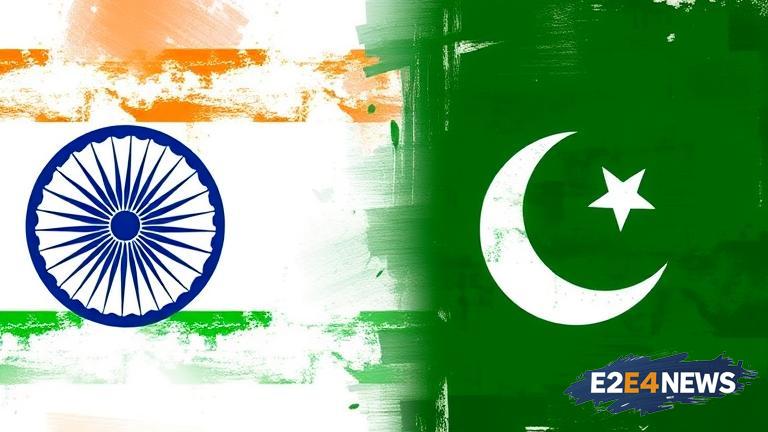In a move to strengthen financial security and prevent potential money laundering, Indian lenders have been directed to increase scrutiny on funds flowing indirectly from Pakistan. This decision comes as part of a broader effort to safeguard the Indian financial system from illicit transactions. The Reserve Bank of India (RBI) has issued guidelines to banks and other financial institutions, emphasizing the need for enhanced due diligence on transactions that may have origins in Pakistan. The RBI’s directive is aimed at identifying and mitigating risks associated with such transactions, ensuring that they do not compromise the integrity of the Indian financial system. The move is also seen as a measure to comply with international standards on anti-money laundering (AML) and combating the financing of terrorism (CFT). Indian banks have been advised to conduct thorough checks on transactions that involve entities or individuals from Pakistan, even if the funds are routed through third countries. This includes verifying the identity of the parties involved, understanding the purpose of the transaction, and ensuring that the funds are not being used for illicit activities. The RBI has also cautioned lenders against dealing with shell companies or other entities that may be used to launder money or finance terrorism. The Indian government has been working closely with international agencies to share intelligence and best practices in combating financial crimes. The Financial Action Task Force (FATF), an inter-governmental body, has been instrumental in setting global standards for AML and CFT. India’s efforts to strengthen its financial security are also aligned with the FATF’s recommendations. The country has made significant progress in recent years in improving its AML and CFT framework, including the implementation of stricter regulations and enhanced surveillance. However, the challenge of combating financial crimes remains, and the RBI’s latest directive is a testament to the ongoing efforts to stay vigilant. The Indian banking sector has been advised to remain cautious and report any suspicious transactions to the relevant authorities. The RBI has also encouraged lenders to invest in technology and human resources to improve their AML and CFT capabilities. The move to increase scrutiny on funds linked to Pakistan is also seen as a reflection of the complex geopolitical dynamics between the two countries. The relationship between India and Pakistan has been strained for decades, with both countries having differing views on issues such as terrorism and border disputes. In recent years, there have been concerns about the use of illicit funds to finance terrorist activities in the region. The Indian government has been working to disrupt these networks and prevent the flow of illicit funds. The RBI’s directive is a significant step in this direction, as it aims to prevent the misuse of the Indian financial system for illicit purposes. The impact of the RBI’s directive is expected to be far-reaching, with potential implications for trade and economic relations between India and Pakistan. However, the Indian government has emphasized that the move is necessary to protect the integrity of the financial system and prevent financial crimes. The RBI has also assured that the directive will not affect legitimate transactions or trade between the two countries. In conclusion, the RBI’s directive to increase scrutiny on funds linked to Pakistan is a significant move to strengthen financial security and prevent potential money laundering. The Indian banking sector has been advised to remain vigilant and report any suspicious transactions to the relevant authorities. The move is also seen as a reflection of the complex geopolitical dynamics between India and Pakistan, and the ongoing efforts to combat financial crimes in the region.
